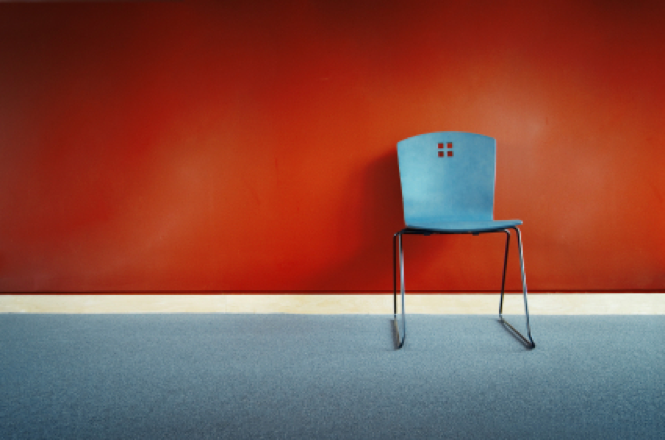From a guy that normally recommends to “walk the dog even if you don’t have one” the suggestion to “take a seat” seems somewhat contradictory. Don’t worry though, there’s a very logical explanation and it’s based on science.
Brazil concluded that testing a person’s ability to sit down on the floor and then rise up can predict how long they will live. That’s right, the less support you need to sit down on the floor and then stand back up is an outstanding predictor of your future. The researchers tested over 2,000 men and women between the ages of 51 and 80. Those that needed the most support for sitting and standing, including bracing with a knee or hand or both, had a 6.5 times greater risk of dying within the next six years. Speed was not a factor in the assessment. The study was published in the European Journal of Cardiovascular Prevention.
When I speak to groups I often ask them to stand up from their chairs without using their arms. This is one of the many “activities of daily living” that experts use to assess frailty and disability. Other activities include dressing yourself, feeding yourself, using the bathroom without assistance, and walking down a hall and back in a prescribed time. Rising from a chair with only your legs helps to assess lower body and core strength, flexibility, and balance. These outcomes are obviously related to the risk of falls and fractures which are major concerns for older adults. They’re also directly related to your quality of life. If you can’t stand up without using your arms then your lifestyle is clearly compromised. You are by definition “limited.” Years of research indicates we can push back the onset of disability by between 13 and 20 years by maintaining our fitness levels. That’s huge!
By now I wouldn’t be surprised if you have already tested yourself on the Brazilian sit/stand test. Getting a perfect score of 10 is the goal….five for sitting and five for standing. Points and half points are deducted for things like touching a hand or knee to the ground while sitting or pushing off with a hand on one knee on the way up. If you wobble on the way up or down that will cost you half a point each. In the Brazilian study, more than half of the subjects between 76 and 80 failed the tests, scoring three points or less. 70% of those under 60 earned perfect or near perfect scores of eight, nine or 10. The higher your score the higher your ratio of muscle power to body weight….and the longer you will live. No matter how you score today remember you can improve that ratio, and your overall quality of life, with activities such as weight training, yoga, Pilates, Zumba, kettle bells, and swimming.
It doesn’t matter where you are. What matters is the direction you are headed.
Clearly the goal is to live and not just be alive. By maintaining your fitness you can be assured you will never have to shout, “Help, I’ve fallen and can’t get up.”
Stay well!

